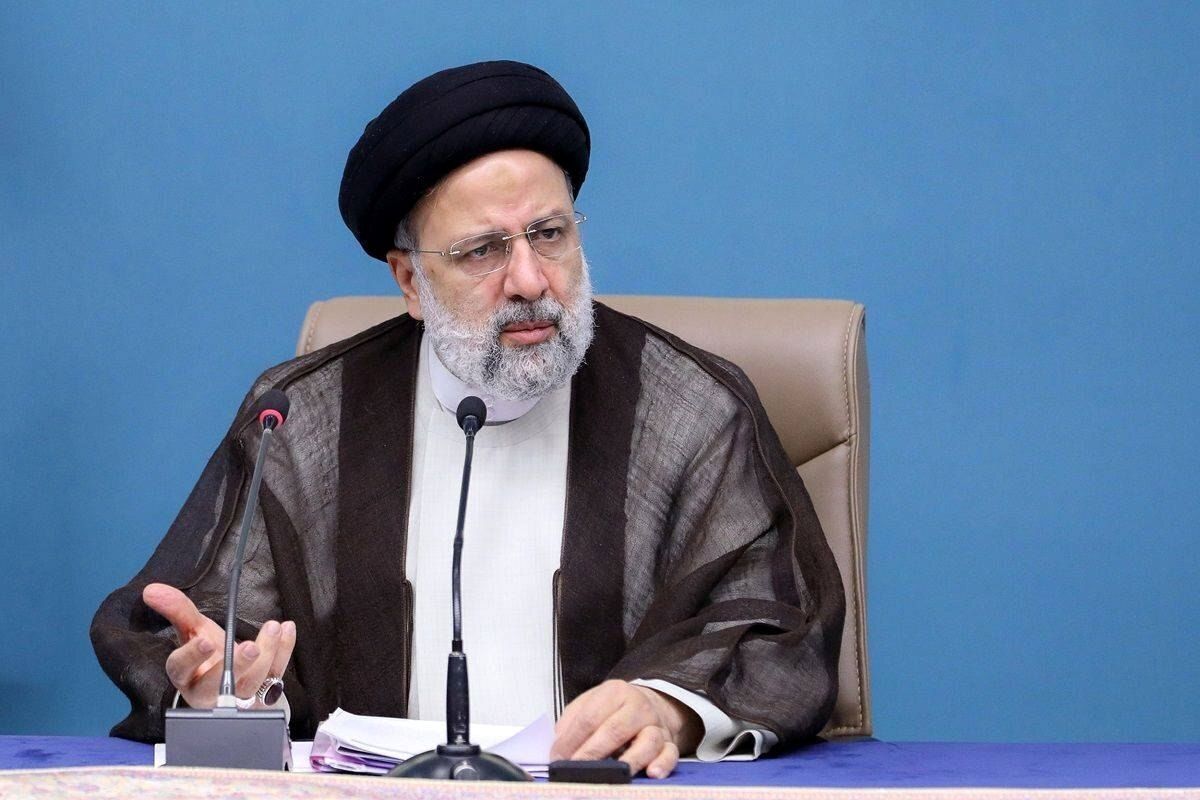
Oil Minister: Aggression against energy-producing countries is a threat to global stability
Stating that aggression against energy-producing countries is a violation of international law and a threat to global stability, the Minister of Oil said: "The energy industry, and especially oil, in today's interconnected world, needs peace and stability to play its role in promoting national, regional, and global prosperity."
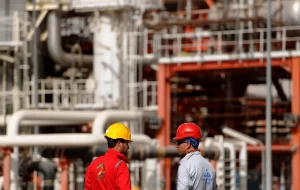
Iran becomes OPEC’s second largest refiner
With a refining capacity of 2 million 237 thousand barrels per day and a 16% share in OPEC, Iran ranks second among the countries of this organization, and it also accounts for 2.1% of the world's refining capacity.
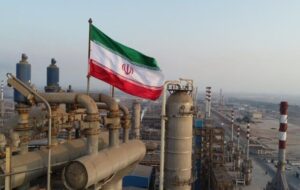
The resilience of Iran’s oil industry in the 12-day war
During the 12 days when Iran's skies were facing the Zionist regime's invasion and the imposed war, the oil industry worked in a chain reaction and did not tremble, but stood firm. It stood firm and did not let a single light go out or a shortage arise in the country's fuel supply.
Breaking News

Free fuel at 500 CNG stations

Fear and flight of giant oil tankers from the Strait of Hormuz

Threat of closing the Strait of Hormuz; The world awaits Iran’s response, oil on the verge of a jump

Denial of Rumors of Damage to Khuzestan Oil Facilities
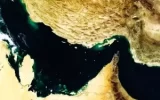
Trump’s Dangerous Gambling: What are the Consequences of Closing the Strait of Hormuz?
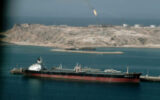
Does the oil market take the possibility of the Strait of Hormuz being closed seriously?

Oil prices rise as tensions between Iran and Israel escalate

Suspicious fires on three oil tankers near the Strait of Hormuz; Is Israel involved?

Oil tanker fares in the Persian Gulf have become up to 60% more expensive





